Ever wondered about the profound impact of a lack of empathy in our relationships? Let’s delve into how it shapes personalities and affects our connections with others.
We will cover portions like what is empathy, and the signs of lack of empathy, and so on. Let’s get started!
A lack of empathy is not sufficient for a diagnosis of narcissism but it underlies several narcissistic traits, such as arrogance, entitlement, and being exploitative.
On the other hand, a lack of empathy can be associated with borderline personality disorder, autism, bipolar disorder, and sociopathy, as well as more benign problems, such as low emotional intelligence, stress, and alexithymia.
Alexithymia (a restricted ability to identify and describe emotions) is often caused by a lack of appropriate emotional modeling during childhood and may be related to depression, anxiety, substance abuse, and some medical conditions.
When a parent is self-centered due to addiction, depression, or a personality disorder and they were unable to appropriately attune to your emotions, then your ability to identify them may become impaired.
When a lack of empathy is not a sign of full-fledged narcissistic personality disorder (as distinguished from having some narcissistic traits, the person may be able to learn empathy.
What is Empathy Vs What Is Lack Of Empathy?
Empathy is the ability to understand other people’s feelings and needs. There is cognitive and emotional empathy.
Cognitive empathy is the ability to understand intellectually and take the other person’s perspective. Emotional empathy is the ability to identify with what another person feels through shared experiences of emotional situations.
A person who lacks empathy may struggle with regulating their own feelings. Many narcissists have cognitive empathy and can use their skill to manipulate other people, yet they’re often unwilling to recognize or identify with the feelings and needs of others.
Brain Differences
There are several areas in the brain that regulate compassion. These areas impact positive emotions and behavior toward other people, such as remorse, empathy, appreciation, and gratitude.
For some individuals due to atypical patterns in these regions, they process interactions with other people differently, which leads to problems with social cues and empathy. For example, this is true in narcissistic personality disorder.
According to neuropsychologist Ronda Freeman, narcissists have a brain pattern that reflects hypersensitivity toward themselves and insensitivity toward others. This explains their self-centered coldness toward others, narcissistic abuse, and their exquisite sensitivity to any perceived slight or criticism.
Read more here: Do Narcissists Lack Empathy? Research Attempts To Find Out
The Impact of Lack of Empathy
When a parent or partner lacks empathy, you might feel unimportant, uncared about, and unloved – that your needs and feelings, essentially YOU, don’t matter. Conversations are frustrating because you don’t feel understood or seen.
Our emotions are such a core part of ourselves that when loved ones are not attuned to them or our needs, we feel alone and disconnected from them.
In childhood, these feelings lead to shame and distort your self-concept when your parent lacks empathy. It is a trauma of emotional abandonment that can lead to relationships where you feel the same way.
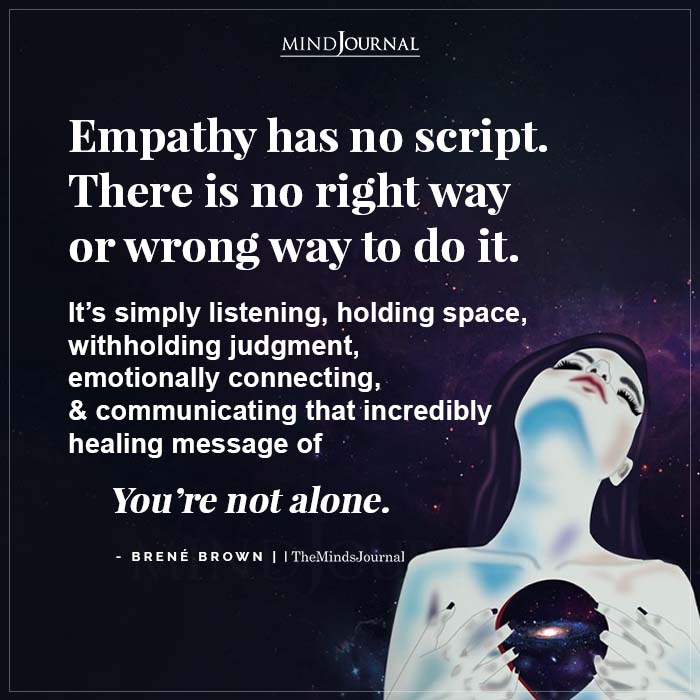
Since you don’t feel you deserve better treatment, you’re more likely to deny and tolerate a partner who lacks empathy. You might rationalize their behavior by judging yourself or just trying harder to please and get love. It can create an insecure, anxious attachment style.
18 Signs of Lack of Empathy
These signs should be considered together to paint an individual’s profile. One sign may be insufficient to indicate an inability to empathize, especially if it is only occasional, while other traits are more serious.
Even many people capable of empathy are unable to empathize or take your perspective when put on the defensive or in a heated argument.
Remember that in most cases, the inability to empathize originates in the brain and is unconscious and not willful.
Although the person may intellectually understand right from wrong, their brain makes them more self-focused and insensitive to the feelings and needs of others. Here is a list of some of the consequences that impact empathy and compassion:
1. Self-Centeredness
The person does not consider other people and is not interested in your needs and feelings. The relationship feels one-sided and all about them.
2. Indifferent to the suffering of others or animals
This shows a degree of coldness; however, some people are only moved by the suffering of loved ones, while other people empathize with plants.
3. Indifferent for your successes and good news
It’s a sign they only care about themselves when you share your successes – except in instances where you have implemented their ideas, which they can take pride in.
4. Monopolizes conversations
This indicates they lack interest in you or getting to know your feelings. They are often poor listeners. Someone insecure or a narcissist may be envious of and competitive with you and withhold praise and encouragement.
5. Disregards your boundaries
Because they lack empathy, your needs and feelings are unimportant. Narcissists don’t see other people as separate from themselves, so there is no boundary for them.
6. Won’t compromise
A person who disregards your needs and feelings won’t be motivated to compromise. Narcissists act as if it’s “My way or the highway.” Decisions must favor them despite your protest. They place their interests before yours and the welfare of the relationship.
7. Lacks responsibility and regret for hurting people
A person without empathy isn’t aware of their impact on other people. Narcissists almost never take responsibility for their actions due to their shame and rarely admit mistakes. When you explain it to them, they might not care – especially true of a narcissist.
8. Never apologizes
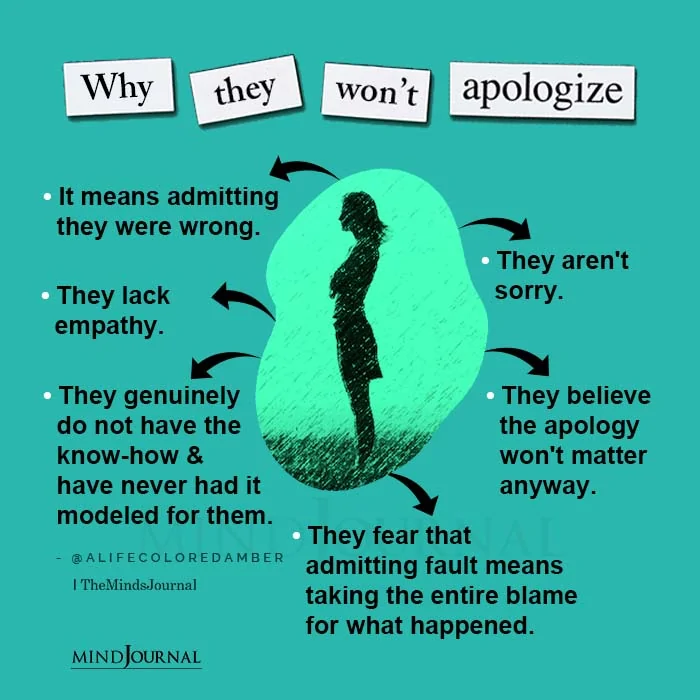
Because of No. 7, a person without empathy, particularly narcissists, rarely apologize. Some narcissists do apologize, but it may be a manipulation to get their needs met by you. You may be unable to tell whether they’re sincere. Notice if they repeat the same objectionable behavior and act like the apology never happened.
9. Unaware of their impact on others socially
Without empathy, a person may act inappropriately, unless they have been taught or learned by observation how people behave. For example, they learn to say please and thank you.
Still, there are situations where they are obnoxious or inappropriate, such as asking a widow for a favor at her husband’s funeral. Larry David on “Curb Your Enthusiasm” continually makes these faux pas. Unlike most narcissists, he tries to make amends and apologizes but he usually compounds his error.
10. Impatient with other people, their emotions, and their problems
Because they don’t understand and care about other people’s feelings, another person’s feelings and misfortune are often considered irrelevant and treated as an inconvenience. Your feelings and problems are of no consequence – unless they impact them.
11. Harshly critical of other people
Someone without empathy who prioritizes their needs and feelings above other people tries to control their environment to suit them. They want other people to behave in ways that meet their needs. Rather than take responsibility for their own discomfort, they blame and expect other people to calm their inner turmoil.
12. Limited forgiveness
Narcissists and other aggressive individuals without empathy often hold grudges and can’t forgive other people for their mistakes or weaknesses. They are just as hard on themselves due to internal shame, but rarely reveal that.
In their eyes, forgiving someone also gives the other person power, and they want to retain power and control to feel safe.
13. Takes but won’t share or reciprocate
A self-centered person, particularly a narcissist, feels entitled to have things go their way. It also is an expression of power and dominance, which makes them feel safe. They can dish and have endless demands, but won’t give – unless it benefits them.
14. Treats service employees as personal servants
People without empathy don’t realize people have feelings just as they do. Narcissists view other people as objects to serve their needs. They are also arrogant, status-conscious, and feel entitled. They look down on people of a lower status and those being paid for a service.
15. Feels entitled to exploit people
Not everyone who lacks empathy exploits people, but a lack of empathy makes it easier to do so. Because narcissists lack empathy and feel entitled, even if they’re made aware of the impact of their behavior, they may not care – unless they stand to suffer from their exploitative behavior.
16. Victim-blaming
Rather than take responsibility for their behavior and injury to other people, they blame someone else, including the person they hurt. See D.A.R.V.O.
17. Difficulty understanding and regulating their emotions
Just as they have difficulty understanding other people’s emotions, they can’t regulate their own. They blame other people for their feelings and try to control other people instead of themselves.
18. They believe their children owe them
This is particularly true of narcissists who see their children as objects and expect them to take care of their needs rather than the other way around.
Read more: Narcissists And Empathy: Do Narcissists Have Selective Empathy?
What You Can Do To Help Someone With The Signs Of Lack Of Empathy?
Your options will vary depending on the cause of the person’s inability to empathize. Most people with a personality disorder can be motivated to understand you cognitively and pay attention to your needs, although they may not be able to feel what you feel.
- Identify your feelings when you’re not understood. If you have strong feelings of hurt or anger, you may be experiencing a trauma reaction from childhood. Journal about related childhood experiences.
- Detach from the other person’s lack of empathy. They never learned it and/or their brain lacks that capacity. Remember QTIP: Quit Taking It Personally.
- Model empathy. Identify and name feelings, and communicate the impact of the person’s behavior. (This teaches empathy and is especially important with children.)
- Have a calm, empathetic, nonjudgmental conversation about the problem. Be assertive. Let the person know the impact on you, the relationship, what’s missing, and how things would feel if the person made an effort to understand you better. Be patient. Most people don’t like to hear about their shortcomings and may deny them at first. Don’t try to solve the problem in the first conversation. Ask the person if they would think about your concerns. Allow your words to sink in.
- If the person is not interested in discussing this or dismisses your feelings, use Strategic Transactional Communication described in Dating, Loving, and Leaving a Narcissist: Essential Tools for Improving or Leaving Narcissistic and Abusive Relationships to motivate them and to get your needs met.
- Practice compassion for yourself and the other person to accept their limitations. Find empathetic people to talk to. Listen to the Self-Love Meditation.
- Get counseling to heal past and present trauma around emotional abandonment.
- Motivate the other person to seek therapy. Perhaps this issue has hindered their other relationships or success at work. Use Strategic Transactional Communication to motivate them. See Therapy for Narcissists.
© 2023 Darlene Lancer
Read more here: Narcissists Lack Empathy: How Narcissists Fool You With False Empathy
Now that you know what is lack of empathy and the signs of lack of empathy, make sure you understand these concepts well to find out that person in your life doesn’t empathize with you!
Written By Darlene Lancer, JD, LMFT
Originally Published On Codependency.com




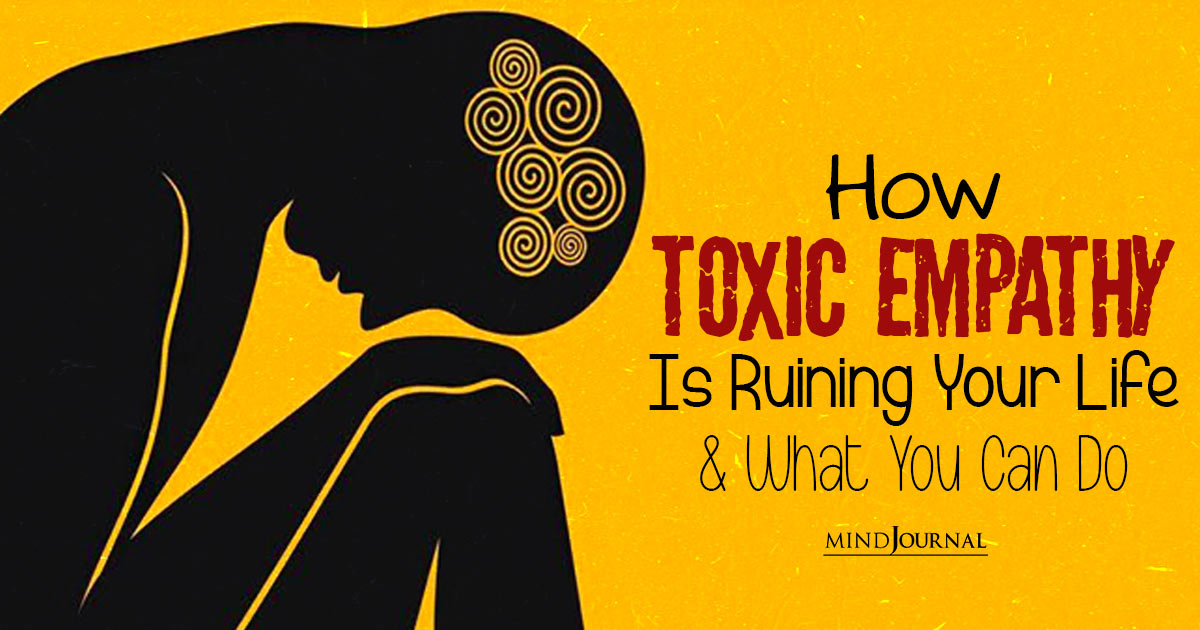
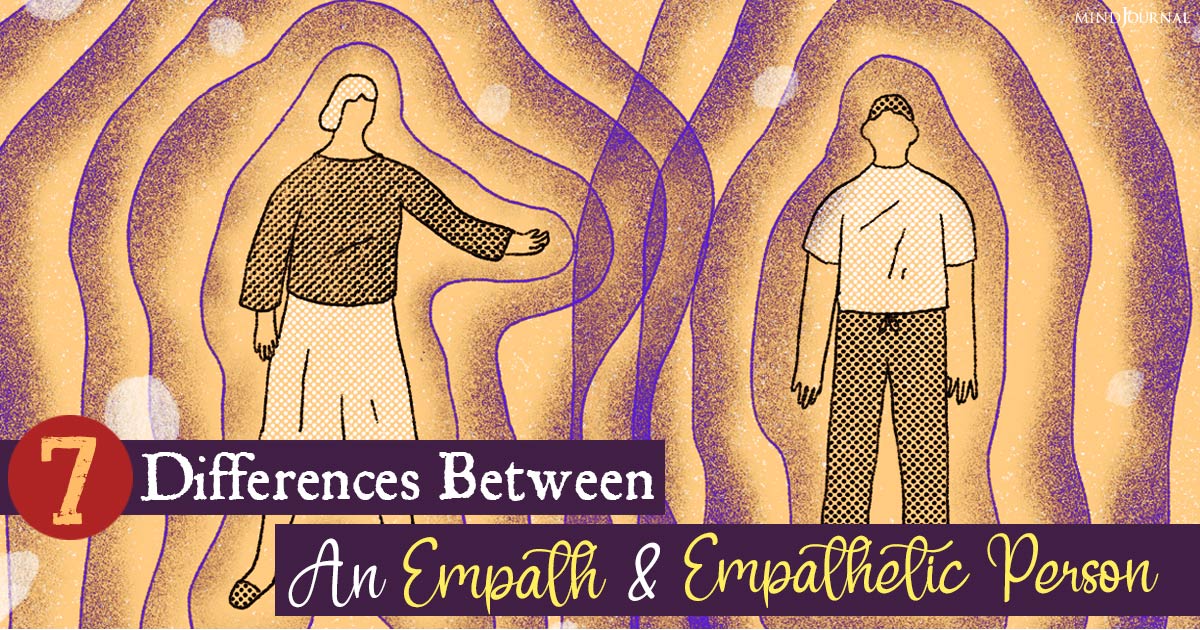
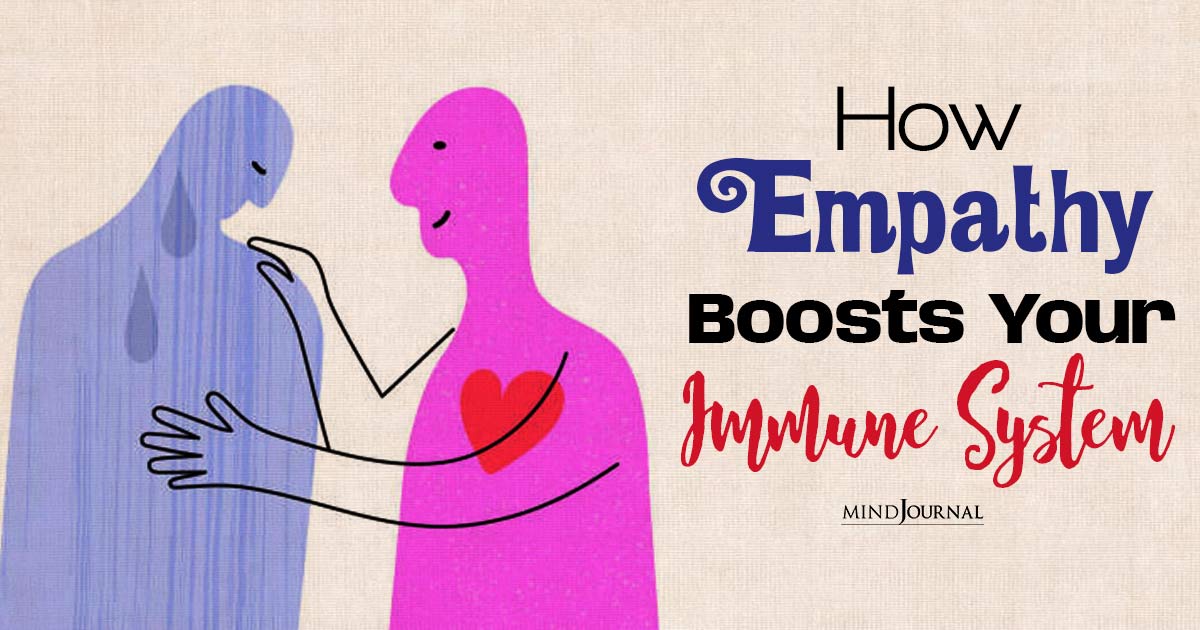

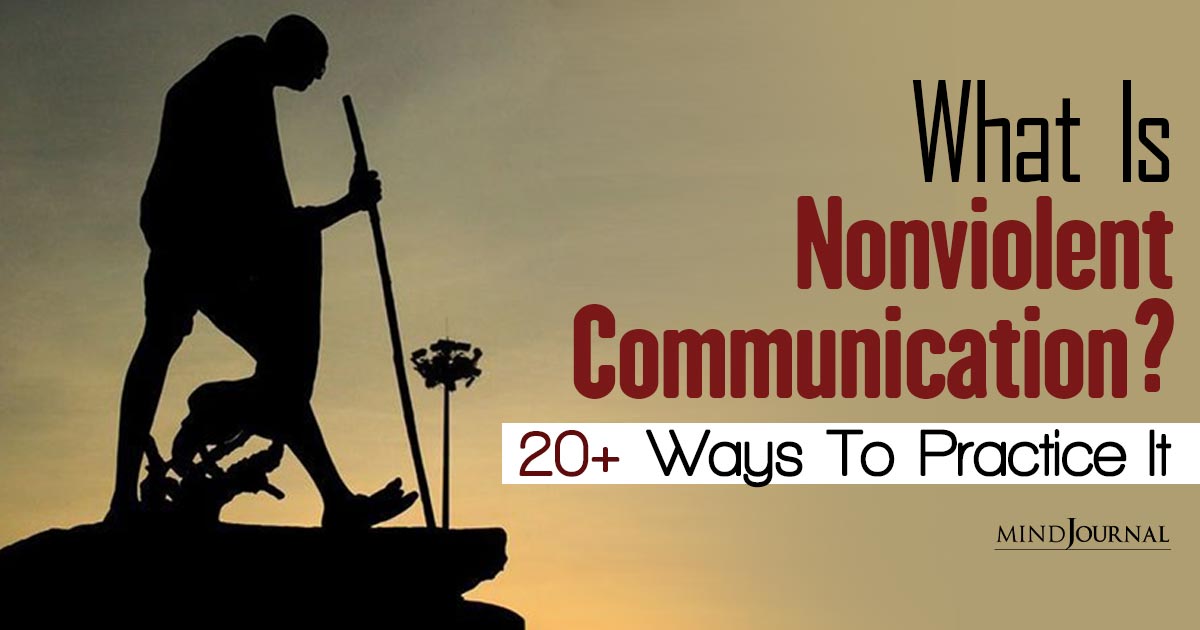
Leave a Reply
You must be logged in to post a comment.